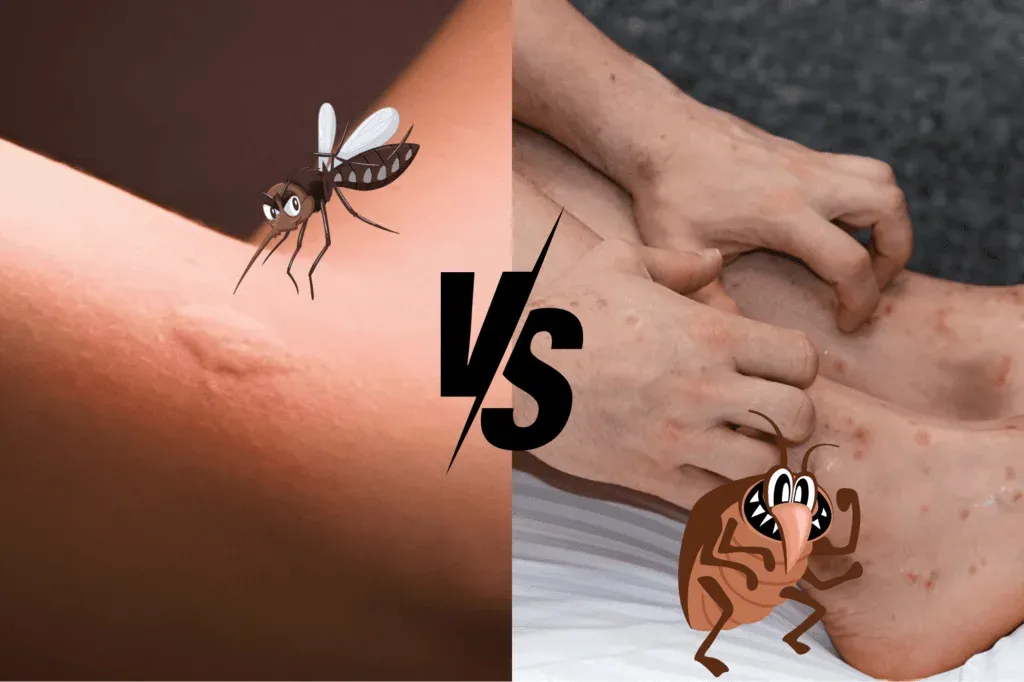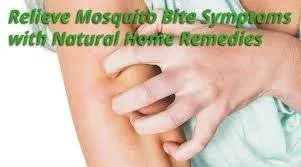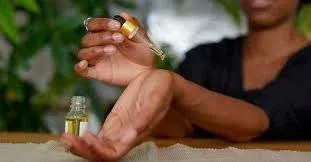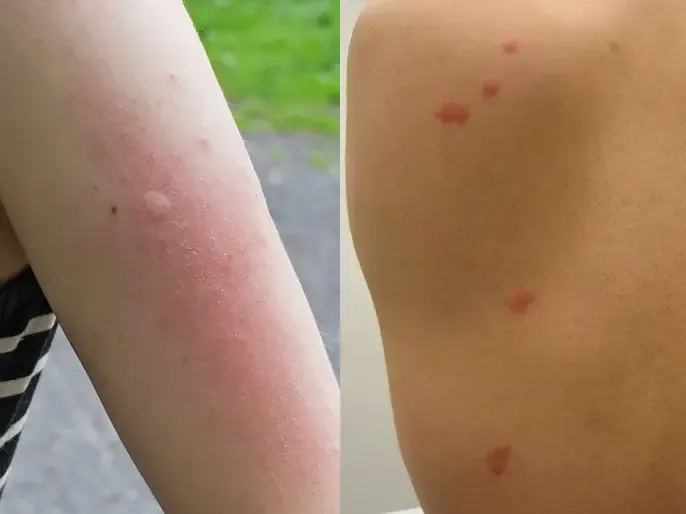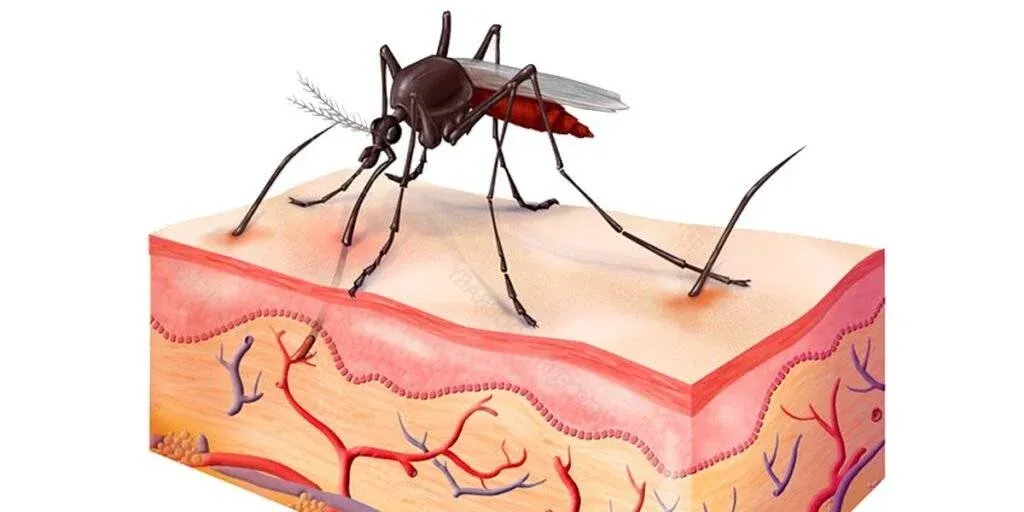Children love playing outdoors, but with fresh air and sunshine often come pesky mosquito bites. While most bites are harmless, mosquito bites in children can sometimes cause more severe reactions than in adults. Parents often worry when a simple bite leads to swelling, discomfort, or unusual symptoms. Understanding how to recognize, treat, and prevent mosquito bites in children is essential for keeping your little ones safe and healthy.
Why Children React Stronger to Mosquito Bites
Children’s immune systems are still developing, which makes their skin more sensitive to insect bites. When a mosquito injects saliva into the skin, the body releases histamine, causing redness, swelling, and itching. In children, this reaction is often more noticeable. Some kids may even develop large, swollen bumps known as “skeeter syndrome,” an exaggerated allergic reaction to mosquito saliva.
Common Symptoms of Mosquito Bites in Children
Most mosquito bites in children are mild and go away within a few days. Typical symptoms include:
Small, red, itchy bumps on the skin
Mild swelling around the bite area
Irritability from constant itching
However, some children may experience stronger reactions, such as:
Large areas of swelling and redness
Blister-like bumps
Intense itching that disrupts sleep
These reactions are usually not dangerous but can be uncomfortable. Parents should monitor symptoms carefully to ensure they don’t worsen.
When to Worry About Mosquito Bites in Children
Although mosquito bites are usually harmless, there are times when parents should seek medical attention:
Signs of infection – Pus, spreading redness, or increasing pain at the bite site.
Severe allergic reaction – Difficulty breathing, swelling of lips or throat, or dizziness.
Flu-like symptoms – Fever, headache, body aches, or nausea after being bitten, especially in areas where mosquito-borne diseases are common.
Excessive swelling – If the swelling is unusually large or affects movement, such as swelling around the eye or joint.
These situations may require medical treatment to prevent complications.
Treating Mosquito Bites in Children
Parents often ask, “What’s the best way to treat mosquito bites in children?” Here are safe and effective methods:
Clean the area – Gently wash the bite with soap and water to reduce the risk of infection.
Apply a cold compress – A cool cloth or ice pack can help reduce swelling and soothe itching.
Use anti-itch remedies – Calamine lotion, aloe vera gel, or a baking soda paste can ease discomfort.
Oral antihistamines – For severe itching, a child-safe antihistamine may be recommended by a pediatrician.
Trim fingernails – Prevents children from scratching and breaking the skin, which can lead to infection.
Most bites improve within a few days, but consistent care speeds up healing.
Natural Remedies for Mosquito Bites in Children
Some parents prefer natural remedies. While these should never replace medical care for serious symptoms, they can provide relief:
Oatmeal paste – Soothes irritation when applied directly.
Honey – Has antibacterial properties and reduces itching.
Cucumber slices – Cooling effect helps calm inflammation.
Always test natural remedies on a small patch of skin first to ensure the child isn’t sensitive.
Preventing Mosquito Bites in Children
Prevention is the best strategy. Here are effective ways to reduce mosquito bites in children:
Dress them properly – Long sleeves, pants, and socks reduce exposed skin.
Use child-safe insect repellent – Products containing DEET (up to 30%), picaridin, or oil of lemon eucalyptus are safe when used correctly.
Avoid mosquito hotspots – Keep children indoors during dawn and dusk when mosquitoes are most active.
Install protective barriers – Use window screens and mosquito nets around sleeping areas.
Remove standing water – Empty buckets, bird baths, or toys that collect water, as these are mosquito breeding grounds.
These preventive steps are especially important in areas with mosquito-borne diseases.
Mosquito-Borne Diseases in Children
In certain parts of the world, mosquitoes can carry serious illnesses. Parents should be aware of the risks if living in or traveling to high-risk regions. Diseases include:
Malaria – Causes fever, chills, and fatigue.
Dengue fever – Leads to high fever, joint pain, and rash.
Zika virus – Mild in most cases but can be dangerous for pregnant women and infants.
West Nile virus – Rare but may cause flu-like or neurological symptoms.
If your child develops fever or unusual symptoms after a mosquito bite, it’s best to consult a doctor immediately.
Helping Children Cope With Itching
For young children, resisting the urge to scratch can be tough. Here’s how parents can help:
Keep their hands occupied with toys or activities.
Apply bandages over the bite if scratching is persistent.
Distract them during peak itchiness with play or reading.
This not only prevents infection but also makes recovery more comfortable.
Final Thoughts
Mosquito bites in children are usually minor, but they can cause discomfort and sometimes complications. Parents should watch for warning signs, know how to provide quick relief, and take preventive measures to reduce risks. From using safe antihistamines to applying natural remedies, there are many ways to manage bites effectively. Most importantly, preventing mosquito bites in children is the best way to keep them safe from itching, infection, and disease. With awareness and care, kids can enjoy outdoor play without unnecessary worry.

